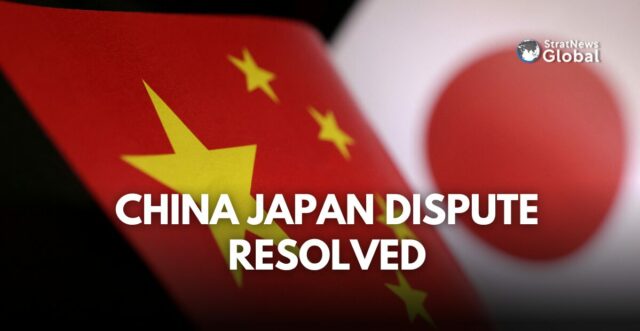In August, China and Japan reached an agreement regarding the discharge of treated radioactive water from the Fukushima nuclear plant, ending a diplomatic dispute that had lasted over two years. The Chinese foreign ministry confirmed this consensus on Friday.
China’s Concerns Over Radioactive Water
When Japan began releasing treated radioactive water from Fukushima in August 2023, China raised concerns, labelling it as a significant nuclear safety issue with potential cross-border consequences. In response, Beijing imposed a blanket ban on all aquatic products imported from Japan.
China’s reaction stemmed from concerns about the environmental and health risks, despite assurances from Japan and international organisations.
Japan’s Response and IAEA’s Findings
Japan criticised China’s stance, accusing it of spreading “scientifically unfounded claims.” The International Atomic Energy Agency (IAEA) supported Japan’s plan, stating that the water discharge met international standards. According to the IAEA, the treated water would have a “negligible” impact on both people and the environment. This statement came a month before Japan initiated the release of the treated water.
Agreement on Monitoring and Future Steps
As part of the consensus, both countries agreed that Japan would establish a long-term international monitoring framework. This includes allowing stakeholders to independently monitor and sample the discharged water, ensuring transparency in the process.
However, China has made it clear that the consensus does not mean an immediate resumption of Japanese aquatic imports. Chinese foreign ministry spokesperson Mao Ning stated that the country would conduct further technical consultations with Japan before gradually lifting the ban on Japanese seafood.
(With Inputs from Reuters)
Research Associate at StratNewsGlobal, A keen observer of #China and Foreign Affairs. Writer, Weibo Trends, Analyst.
Twitter: @resham_sng





